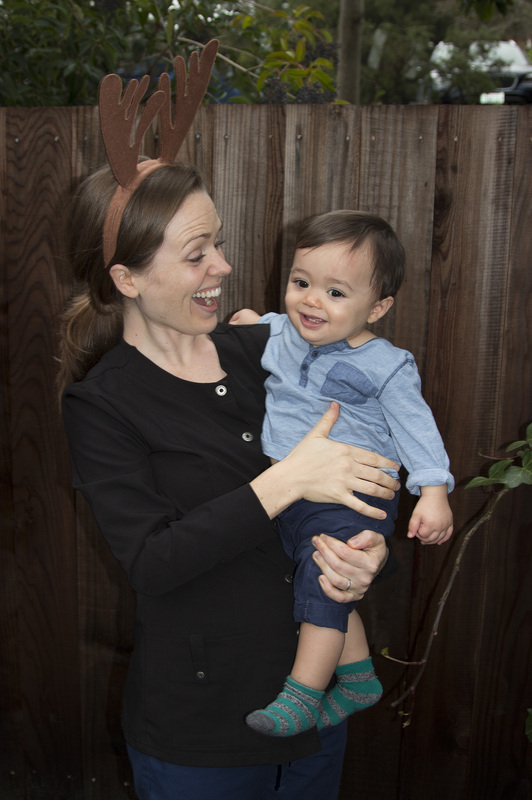|
When I bite down or eat anything, I notice a sharp and annoying pain. The pain normally lasts for a couple of seconds, so I have learned to ignore it. Since this has happened I have been avoiding foods like bagels, almonds, beef jerky, almond roca, and basically anything that is hard or would require a lot of chewing.
According to dental literature, teeth may crack from chewing hard objects or foods such as ice, nuts, or hard candy. An accident or blow to the mouth can also result in tooth damage. Uneven chewing pressure, grinding and clenching can result in a cracked tooth. Lastly, teeth that have undergone a root canal treatment will have a tendency to become brittle and will eventually fracture if proper restorations are not placed. It is very difficult to identify teeth that are fractured. Some cracks are so thin and small that they often appear as hairline fractures. It is usually hard to see with the naked eye and may not be visible on radiographs. It is always a good idea to report any problems associated with eating and biting into anything hard, hot, and cold. A cracked tooth may begin hurting because the pressure of biting causes the crack to open. As the biting pressure is released a sharp pain results as the crack quickly closes. Even though the crack may be microscopic the pulp inside the tooth may become irritated. If the crack irritates the pulp the tooth can become hypersensitive to extreme temperatures. In severe cases a root canal treatment and a crown may be required in order to save a tooth. Cracked teeth can be treated in several ways, depending on the severity of the crack. A deep fracture may require a tooth to be extracted. Others may require a crown if the severity of the crack is limited to the crown of the tooth. Some teeth may only require a bonded filling if the crack is not that great in size. Tiny cracks are common and usually do not cause problems. Regular dental check ups are important in identifying problems before they become severe. These exams will allow the diagnosis at an early stage. If pain persists, avoid chewing on the side being affected and call your dentist. JADA Vol. 134 April 2003 Pg 531
3 Comments
|
Dr. Hyatt’s Dental CornerAs your family advocate for dental care we would like to provide you with some tips on how to save your money and have a beautiful smile. Archives
December 2015
Categories |

 RSS Feed
RSS Feed